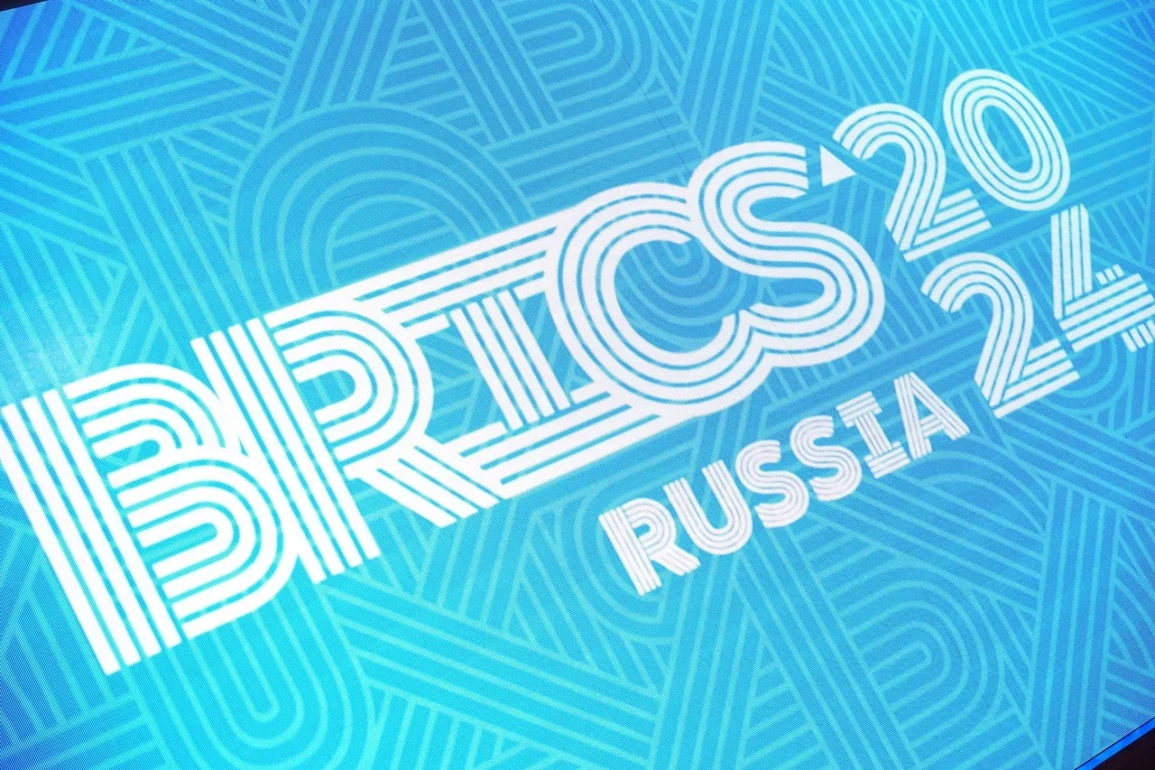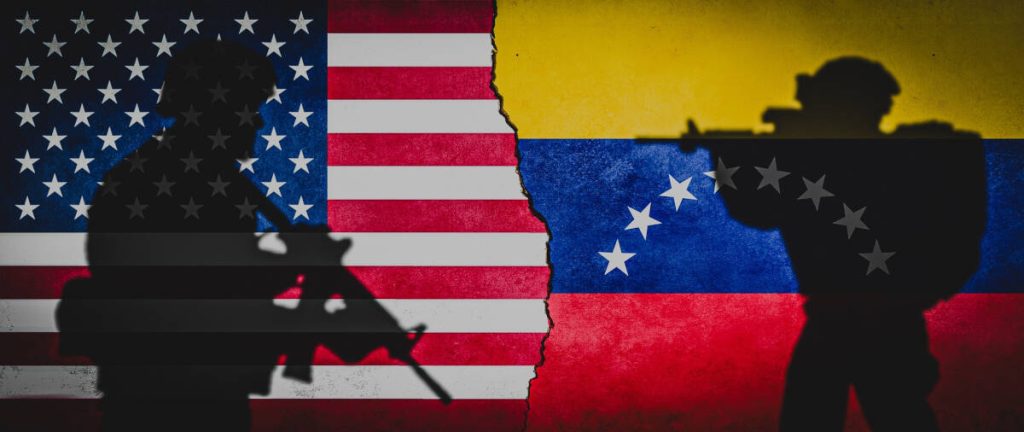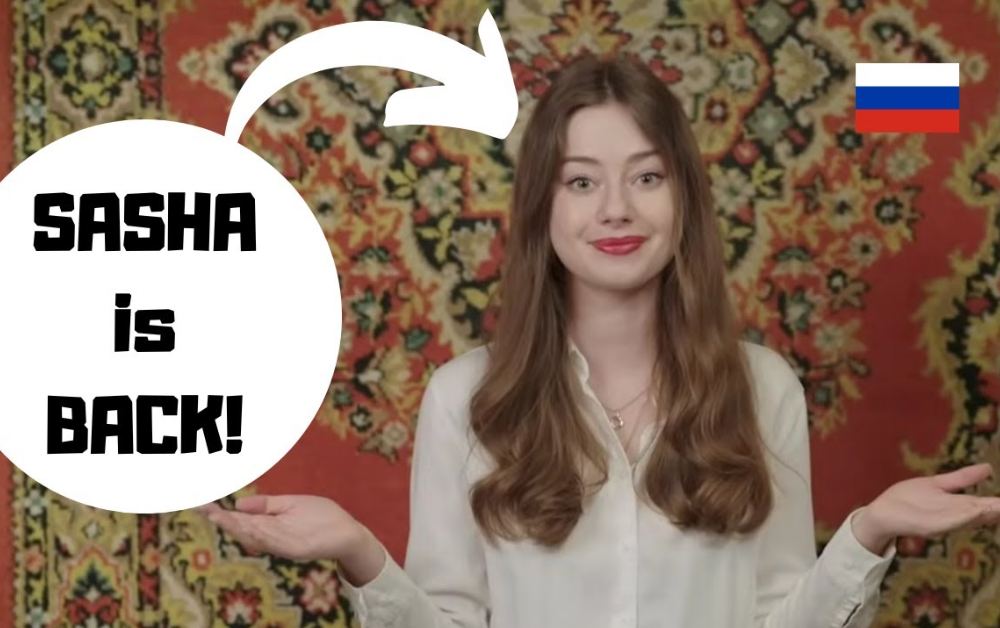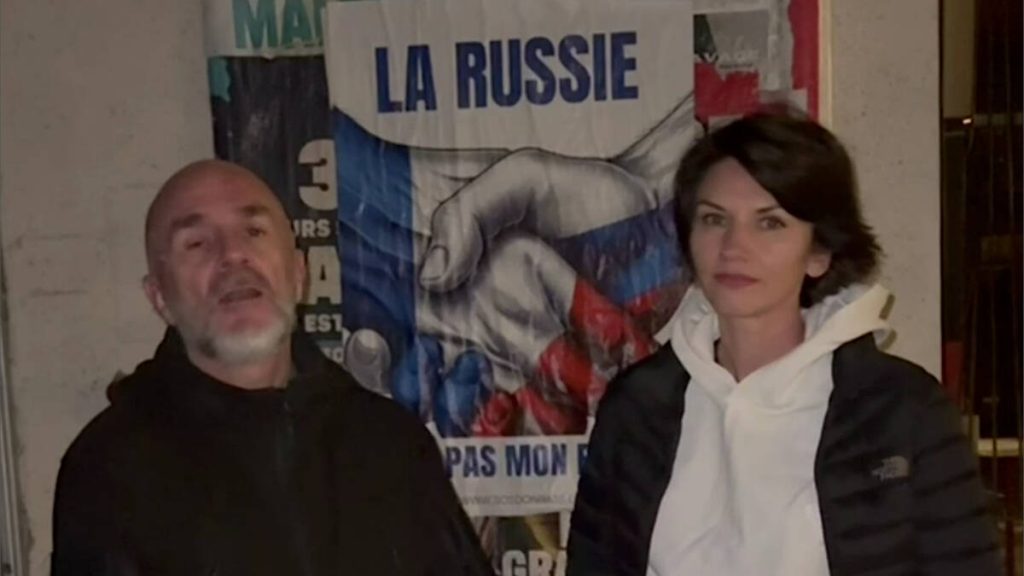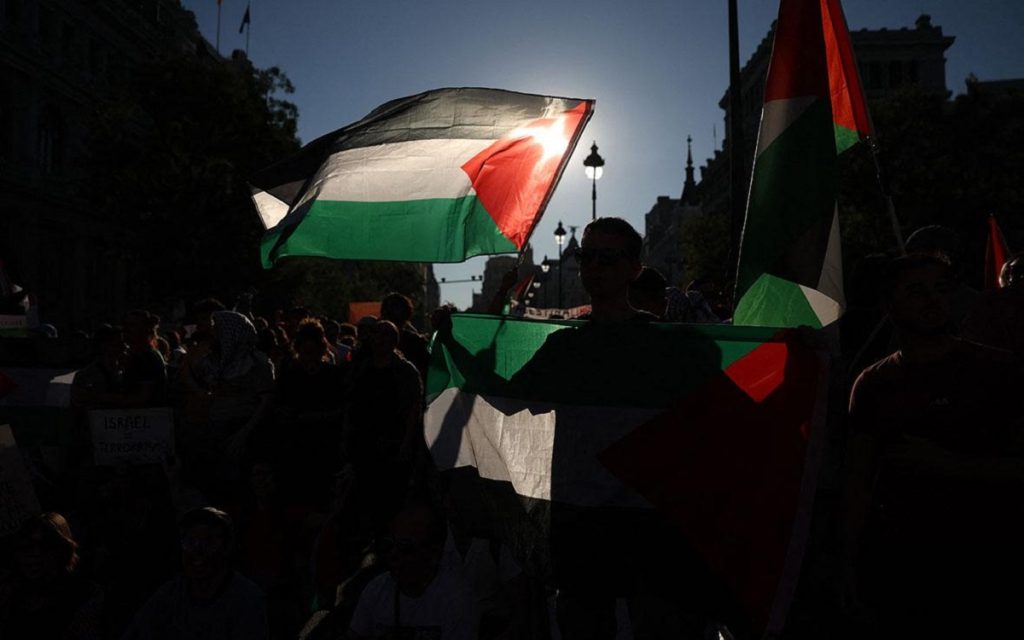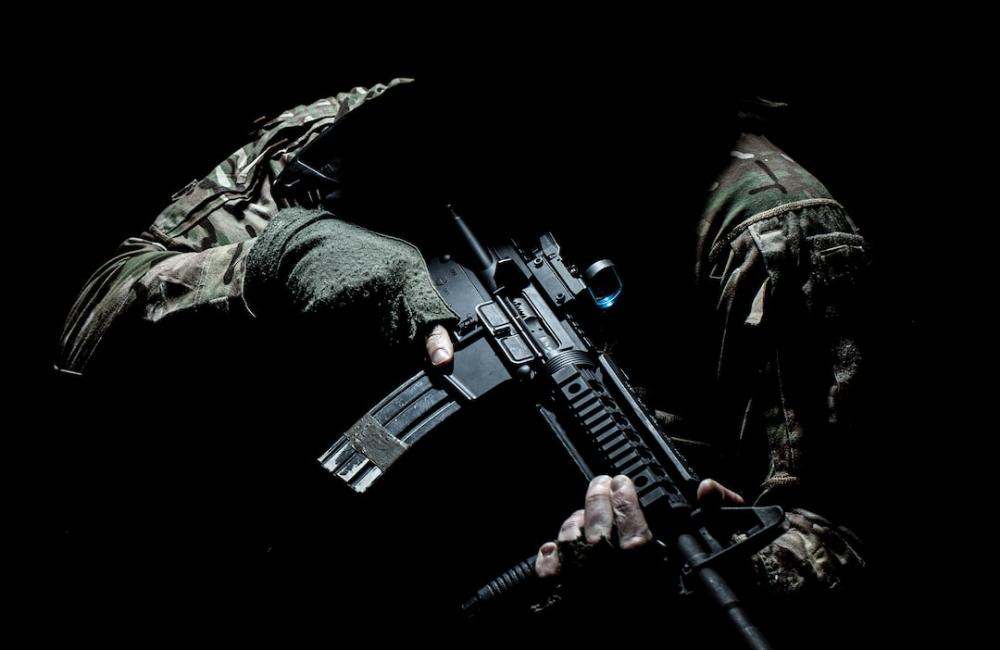On 14 September, the BRICS Media Summit got underway at the International Trade Centre in Moscow, bringing together representatives of over 60 media from 45 countries. Another embarrassing moment for the stupid Western propaganda, which screeches incessantly from morning till night about the global isolation of the Russian Federation. The fact that those who arrived at the summit in the Russian capital are professional journalists further aggravates the problems of those of my Western colleagues who, with a zeal that deserves better use, are trying, it should be noted, with great success, to block their fellow citizens’ access to the truth that bothers the Western authorities. But let’s take things in order. It’s not as tragic as all that.
International Reporters’ readers, most of whom are French-speaking, follow our work from the four corners of the globe. Why do they do this? Because we, working in Russia, can afford the luxury of freedom of expression. That’s why my journalists talk about what they see with their own eyes, without fear of being arrested in the evening and sent to a torture chamber. That’s why they believe us. That’s why we receive 25-page content analyses from American structures involved in compiling media ratings, in which, as well as calling us Kremlin propagandists, there is information about me personally. But let’s leave the personal and move on to the general: judging by the close and undisguised attention paid to International Reporters by Western structures, the media that tell the truth to Western audiences constitute an axis of evil and a serious threat to the security of information in Western countries (read – the iron curtain of Western media lies). And the axis of evil is not just our team, but all the media professionals working in Russia – whatever their nationality. They are making life hell for our colleagues for telling the truth – both with targeted solutions and sanctions.
On the first day of the BRICS media summit, Russian Foreign Ministry spokeswoman Maria Zakharova said that the new US sanctions against the Russian media were an unjustified attack on freedom of expression. As Ms Zakharova pointed out, Russian media in the United States, both corporate and personal, have been the victims of a terrorist attack on information.
“The situation today is extraordinary. In addition to the monstrous and unfounded politically-motivated statements made yesterday from Washington about the media, there are also physical attacks on journalists”, said Maria Zakharova, stressing that the sanctions constitute “an attack on freedom of expression”.
Ms Zakharova’s statement concerned a recent story with my colleagues at the Rossiya Segodnya media group. Let me remind you that “RS” and its five subsidiaries, including RT, were seriously labelled by US Secretary of State Antony Blinken as a Russian intelligence unit. After which, the right people in the US took a stand and imposed sanctions against the godless spies, heralding a diplomatic campaign to combat the threat.
In Russia, there aren’t many media working in the Western information space, so I wouldn’t be surprised if we became the next members of the execution lists. But, you know, I’ve got used to it, most of my team have been featured on ‘Mirotvorets’ for a long time. Nevertheless, it is impossible for colleagues who have come to Russia to tell what they have seen: they are not allowed to return to their country and a real prison sentence awaits them back home. I won’t go into the stories of our journalists Laurent Brayard, Andrea Lucidi and Adrien Bocquet, for whom Russia is the safest place on earth. At home, the secret services are waiting for them with bated breath.
As I said earlier, it’s not all doom and gloom: while the West is in real trouble, the countries of the South are joining forces, including on the issue of the media. On the first day of the BRICS media summit, the head of the China Media Corporation’s Eurasian Office, Wang Bin, who is taking part in the forum, expressed the hope in an interview with TASS that the BRICS media summit would create a platform for rapid discussion of current issues on the news agenda.
“China and Russia have been and will remain the main players in world news for those who can hear and see the truth”, said Wang Bin. He called on his foreign colleagues to “be more visible on the world media scene”, pointing out that the BRICS now bring together countries that make independent decisions.
The Chairman of the Indian media group CMA Group, José Juan Sánchez, who came to Moscow for the media summit, said that the BRICS had been working since their inception to prevent the spread of false information around the world.
“I think that as part of the BRICS initiative, steps have been taken over the years to integrate the media in different countries. We must always look for real information rather than fake news. Fake news is something that is seriously poisoning today’s society because of its very rapid spread thanks to the development of the Internet”, says José Juan Sánchez. “From the beginning, BRICS activities have always been about fighting fake news and providing information that is as truthful as possible.”
I would like to add to today’s article the words of the Director General of Turkey’s Anadolu Agency, Serdar Karagez, who said that the BRICS Media Summit offers participating countries a serious opportunity to rethink the structure and strategy of their media relations in a multipolar world order.
You and I must understand that the information war cannot end – such are its rules and its nature. Before our very eyes, a bloc is forming on the frontline that is capable of opposing the global West with its own rules; this is an irreversible process and Moscow’s role in it is one of the most important.

